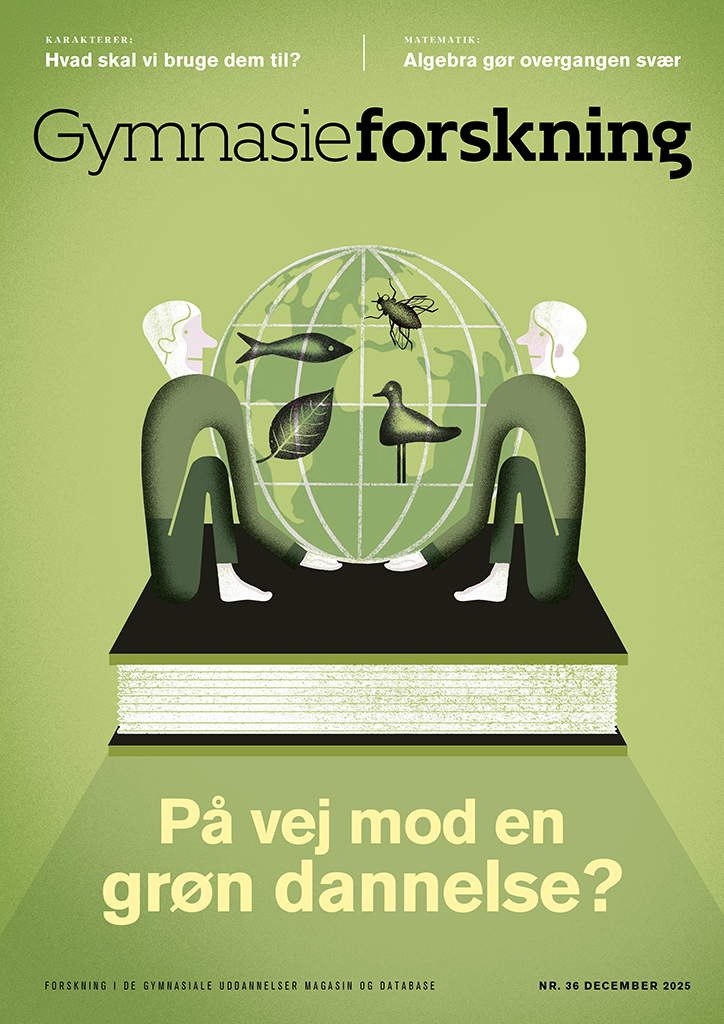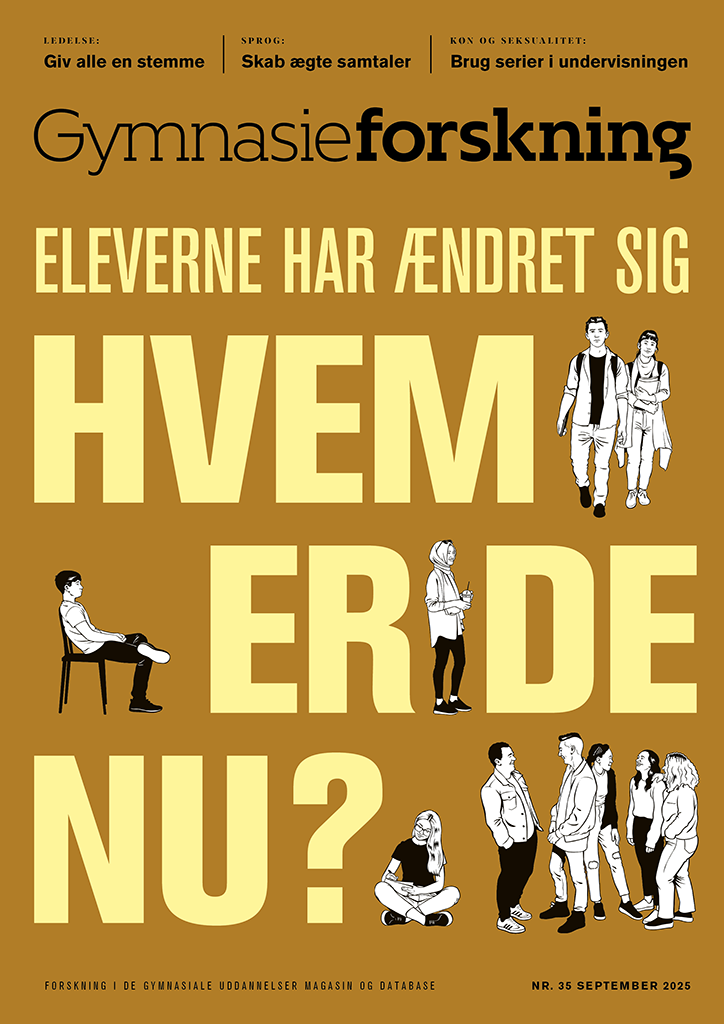‘Education, education, education’, Tony Blair said almost 20 years ago. Education as a means to ensure active citizens has been evident in national and transnational policies since the mid-1990s. While a report from CEDEFOP shows that dropout has been prioritized in EU policy since the adoption of the Lisbon strategy in 2000, dropout numbers for young adults (18-24 years old) are high. In Denmark, 20% of each youth cohort has not completed an upper secondary or VET qualification seven years after completing lower secondary education. These young adults are often referred to as a vulnerable group of students. This group is central in an ongoing research project “Staying on track. New perspectives and sustainable solutions to dropout among young adults" focusing on dropout among Danish 18-25-year-old students in vocational education and training (VET) and general adult education. While research into dropout often focuses on the individual student’s reason(s) for dropping out, this project has a particular interest in investigating students’ considerations and decision-making processes in relation to dropout; and thus how student counsellors can work with, support and develop students’ decision- making competences. The aim of this paper is to explore the role of career guidance in relation to developing and supporting young adults’ decision-making competences in order to strengthen the students’ educational persistence as well as to prevent dropout. While the aim can be seen as grounded in a political and societal interest in making the individual an active citizen, it can also be seen as a significant measure to empower young adults.
Forskningsdatabase
Tilbage
Abstract
Fakta
Titel
Student persistence in Secondary Education Programmes
Forfatter(e)
Kristina Mariager-Anderson og Stine Jacobsen
Udgiver
Conference Proceedings from the 2019 Conference of the International Association for Educational and Vocational Guidance (IAEVG)
Udgivelse
s. 271-275
Genre
Artikel
Omfang, antal sider
3
Udgivelsesår
Uddannelse og samfund
Unge og uddannelse
Nyt fra Gymnasieforskning
Få Nyt fra Gymnasieforskning direkte i din indbakke.
Du får:
- Oversigter over den nyeste forskning i vores database indenfor netop dine fag og interesseområder
- Nyheder om vores magasin, podcast, konferencer og nye tiltag
Er du ansat på en institution, der abonnerer på Gymnasieforskning, kan du, ud over Nyt fra Gymnasieforskning også få adgang til magasin-arkivet online, ved at logge ind eller oprette en bruger-profil.
Ups. Der er gået noget galt. Opdater siden og prøv igen.
Seneste magasin
Viden, der inspirerer og kan bruges i praksis
Tegn abonnement på vores magasin Gymnasieforskning og få den nyeste forskningsviden om de gymnasiale uddannelser – direkte målrettet undervisere og ledere i gymnasiesektoren.






